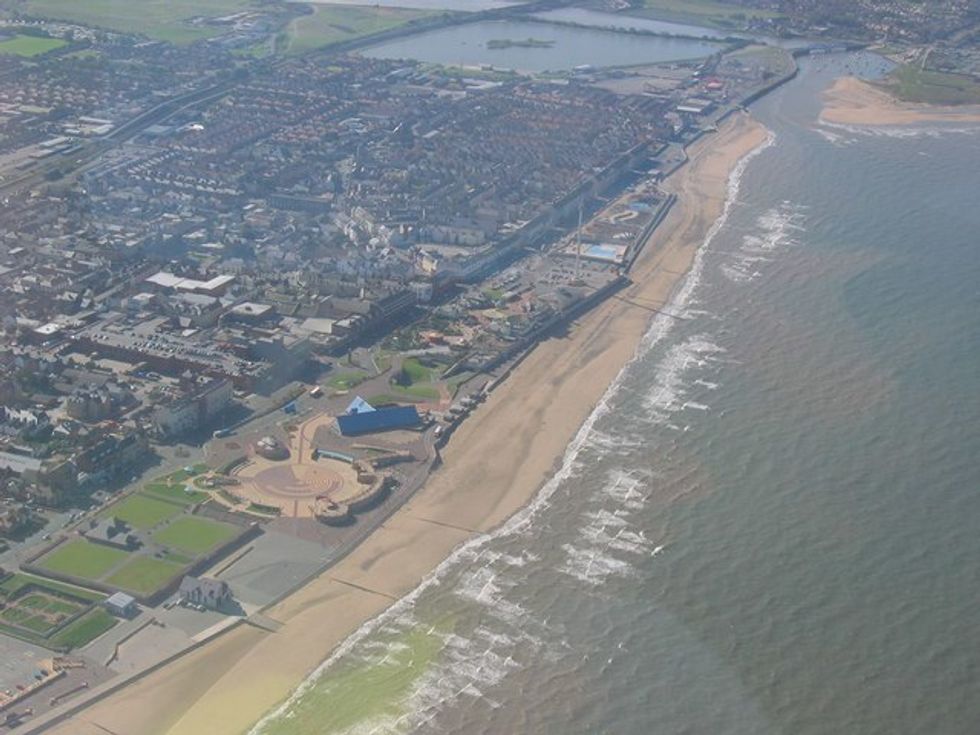Some drivers had to wait for up to half an hour to purchase a ticket for the underground car park in Rhyl
Don't Miss
Most Read
Trending on GB News
Motorists in Wales were left angered after having to queue for up to 30 minutes to use a car park ticket machine which gave its instructions exclusively in Welsh.
Some drivers simply left the car park, in Rhyl, without buying a ticket.
While others were seen being assisted by locals, themselves with a limited grasp of the language.
Only a third of Wales’ 3.1 million people speak the language, which is compulsory for 5-16-year-olds to be taught at school.
Rhyl Central Car Park
Google Maps
Rhyl
WikiCommons
A local democracy reporting service spoke to a family from Merseyside who were being assisted by a crowd “trying to solve the problem.”
"The whole point of a car park is you can park quickly and easily," the Telegraph reported another driver to have said.
"You don't expect to stand in a queue for half an hour whilst people try and work out how the machine works - or doesn't work in this case."
The problems worsened when it became clear that the machine also would not recognise debit cards.
Denbighshire council, which manages the car park, has sent out customer service patrols to mitigate some of the issues and help drivers get the appropriate ticket.
Denbighshire council said: "Our pay and display machines default to Welsh, but there is a large grey 'language button' that people can press to change the language.
"This is explained on the machines; however, customer service management is also patrolling to assist customers on site."
There are two other ticket machines available at the Rhyl Central car park as well as a smartphone app, according to the council.
Jeremy Miles, who is the minister for education and Welsh language, said: "For the Welsh language to thrive, we need sustainable communities and good job opportunities in the areas where it is widely spoken.”
The Welsh government previously published a document stating that their ambition is "to see the number of people able to enjoy speaking and using Welsh reach a million by 2050", along with a plan detailing various strategies to reintegrate the Welsh language more thoroughly.
They go on to stress that "we need to reach a position where the Welsh language is an integral element of all aspects of everyday life," and that in order to achieve this, "the whole nation has to be part of the journey."
Additional reporting: Isabelle Pethick + Tara Goodsell










